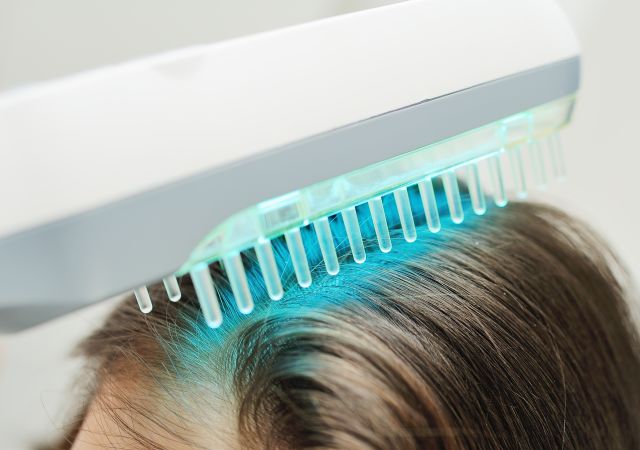When you have psoriasis, your symptoms aren’t exactly invisible. And unfortunately, the red, scaly skin lesions associated with the disease may spark rude and insensitive questions or comments.
In fact, a 2015 study found that there is a stigma surrounding psoriasis because people mistakenly believe it is infectious. About 61% of people surveyed thought psoriasis looked contagious and 90% of respondents actually said they pitied people with the disease. One way to remedy the stigma is to educate the public about the disease, which affects nearly 7.4 million Americans. Another way is to make sure psoriasis sufferers are getting the care they need.
While it’s not possible to cure psoriasis completely, a host of treatment options can minimize it and help reduce flares. Talk to a dermatologist (or rheumatologist if you have psoriatic arthritis) to find a treatment plan to remedy your symptoms. Depending on how severe your psoriasis is, doctors may prescribe a mix of treatments, including these:
1. Topical Medicines
Treatment usually begins with a topical cream to help soothe inflammation, pain and itching. Mild cases of psoriasis may be treated with over-the-counter creams and moisturizers, but more severe cases may require prescription steroid creams or other medicated ointments to reduce lesions.
2. Phototherapy (a.k.a. Light Therapy)
If topical creams fail to reduce the appearance of lesions, your doctor may suggest a routine of phototherapy, exposing affected skin to UV lights on a consistent basis. Phototherapy is typically done at the doctor’s office, but home units are available for purchase.
3. Pills and Injections
If you psoriasis covers a lot of skin and is really bothersome, or if other treatments aren’t helping enough, your doctor may suggest prescription medicine in the form of pills or injections. These medications are more powerful and effective, but they also tend to have more side effects. They include:
- Systemic Medications target the entire body to reduce the inflammation and cell turnover that causes lesions, and are typically prescribed for patients with moderate to severe psoriasis or psoriatic arthritis. They can be taken orally or by injection.
- Biologics are a special type of systemic drug given by injection or IV and are also prescribed to patients with moderate to severe psoriasis or psoriatic arthritis. Biologics target certain parts of the immune system, and have been shown to slow or stop the progression of joint damage in people with psoriatic arthritis.
If you suffer from psoriasis, use our Find a Doctor tool to locate a dermatologist in your area and get the treatment you need.






